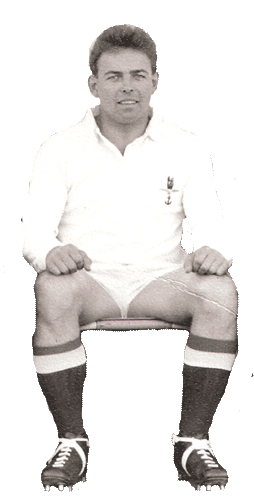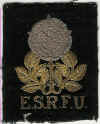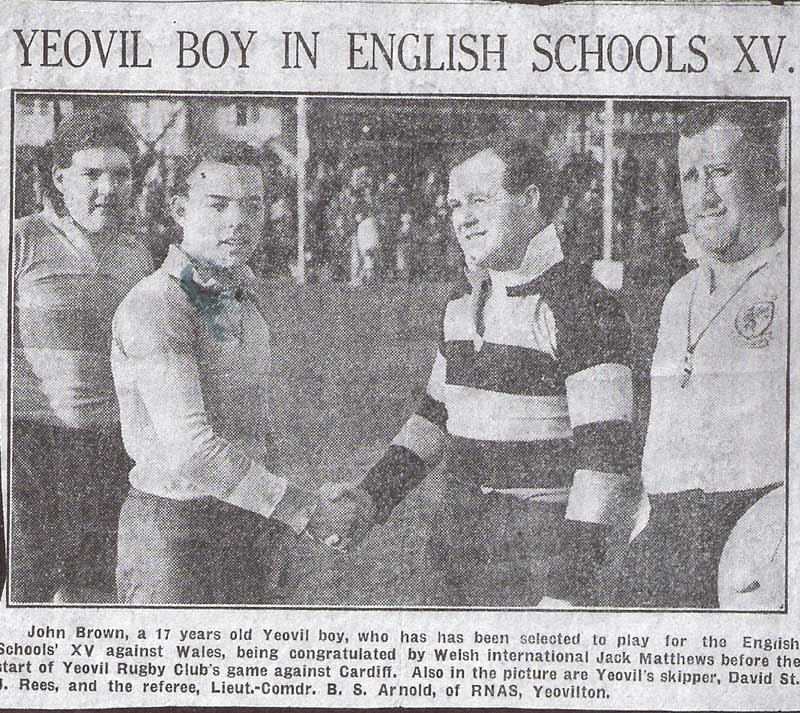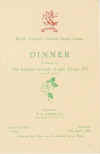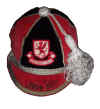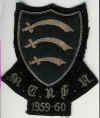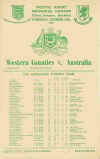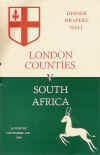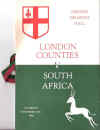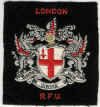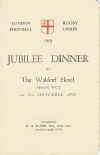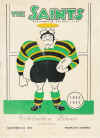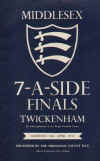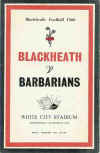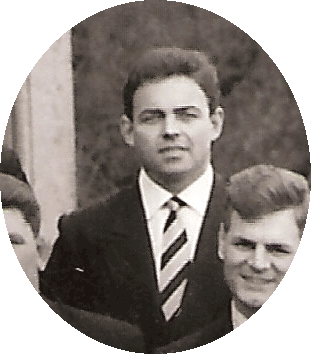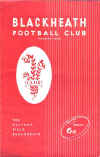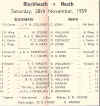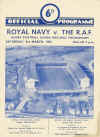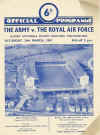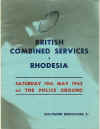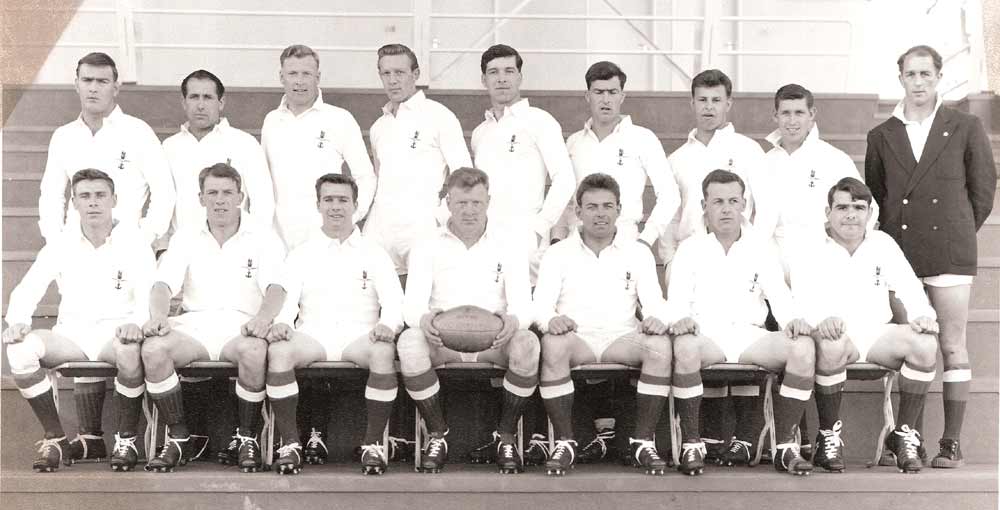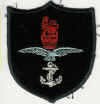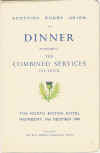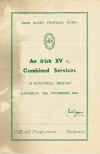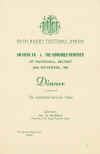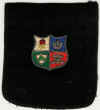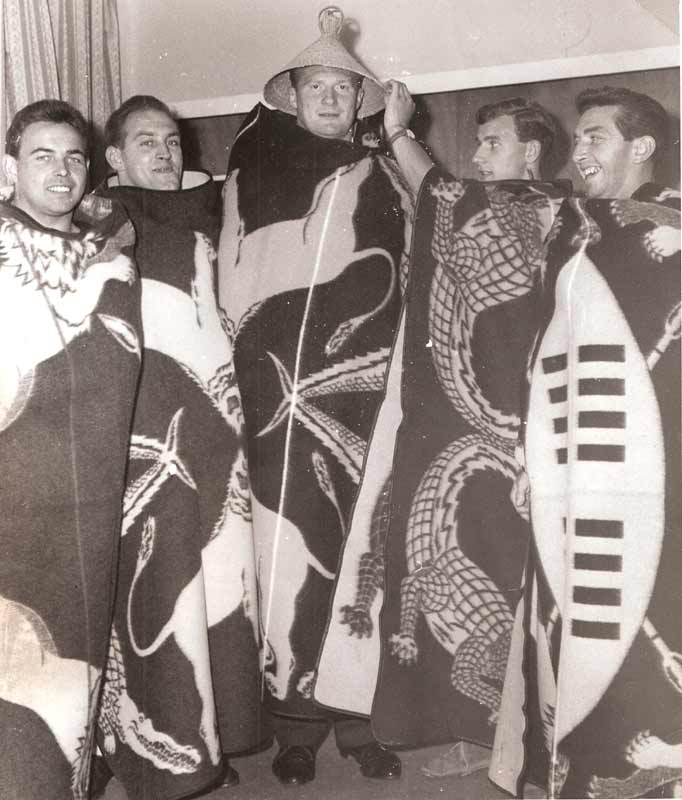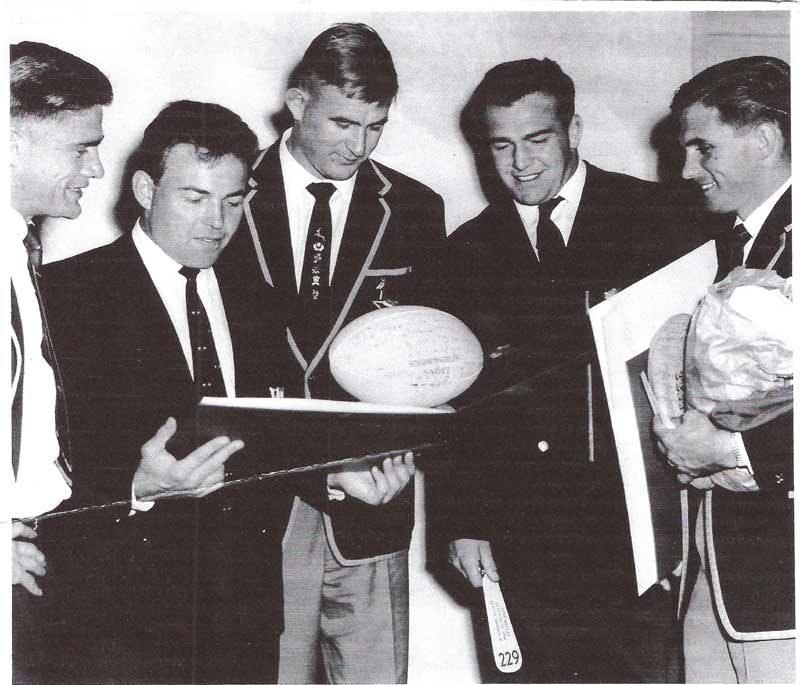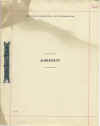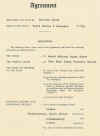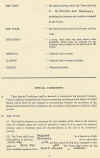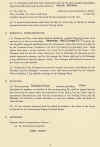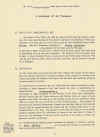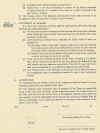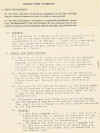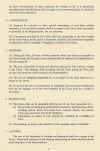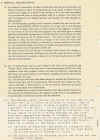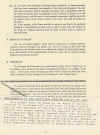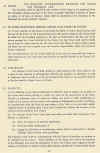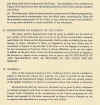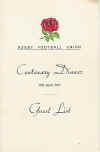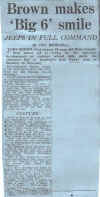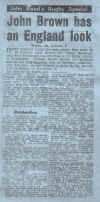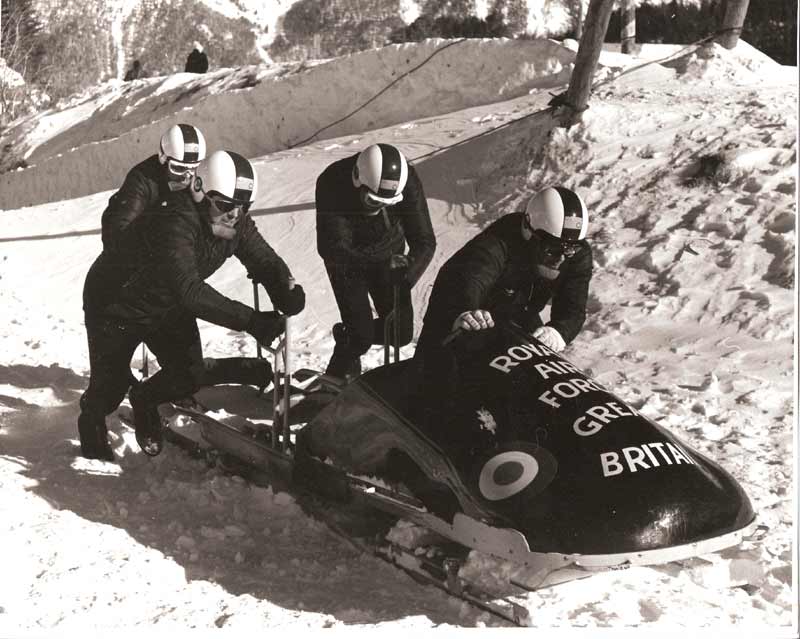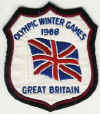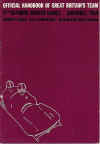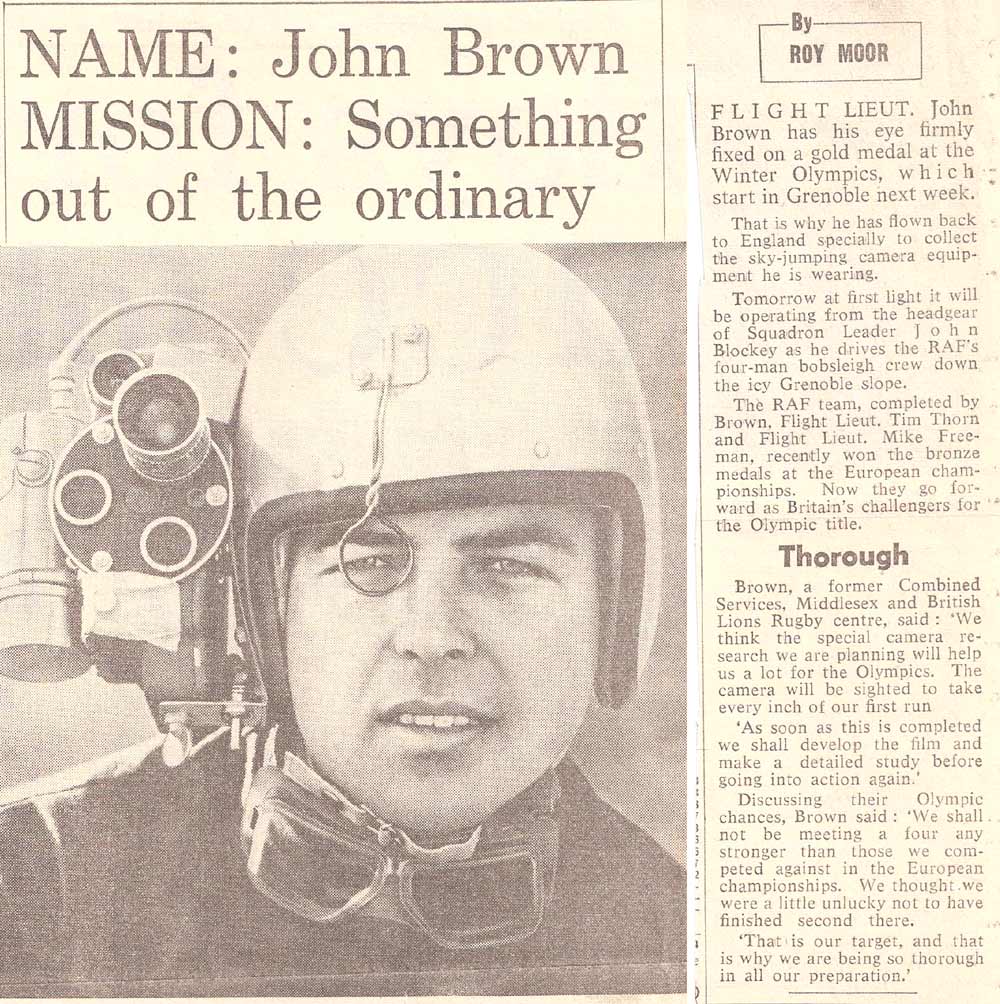|
H.J.C Brown British
Lions Rugby International & Great
Britain Olympian
A
sunny afternoon at Twickenham, rugby’s headquarters, in 1963 during
the second half of the Calcutta cup match between England and Scotland,
still, in these days of professionalism that most charismatic of
fixtures. There are other matches of course, which claim a greater
importance, notably the tri-nations series in the southern hemisphere
between South Africa, Australia and New Zealand, but of all rugby’s
annual meetings, infused as it is with the inherent and unique charm of
the six nations, it is the Calcutta cup that stands apart. A
scrum near the right hand touchline saw A
deft show of the ball to his centre before slicing majestically through
the Scottish inside backs to take him clear, and up to the Scottish full
back with a man spare on his outside. Here, we thought was going to be a
superb try for England’s left wing, only for Sharp to hold the ball
back with a delightful dummy and swerve, and cross unopposed half way
out. It
was an English try that has been recalled often with a wistful nostalgia
given to few in Twickenham’s history. Among others, one thinks of the
impossibly romantic Russian prince, Alex Obolensky, on England’s right
wing, crossing diagonally from one touch line to the other to score
against New Zealand in 1936, and Andy Hancock’s meandering run from
deep within his own territory in the last minute of injury time to rob
Scotland in 1965, but for the panache of its execution, and its sheer
mesmeric beauty it is surely Sharp’s that is the best. Twickenham,
then of course was the bastion of amateurism, and rugby at the highest
level in its officialdom and infrastructure was still clinging largely
to being the preserve of the public schools. God
was in his heaven, and all was well with the world therefore, when
Sharp, charming and articulate with flaxen hair flowing and reading
geography at In
Time and the It
was Browns misfortune, in place, time and circumstance, to be around
when Sharp and others were playing at their best, and to be injured at
one of those moments, when he was worthy and capable of playing for his
country. H.J.C
as he was to become affectionately known was born on Brown
had become one of the most gifted and robust young centre three quarters
in the English game. He had joined the RAF in 1960 and continued his
rugby career with appearances for the combined services before joining
the Harlequins in 1963. In 1962 he had toured On
each Good Friday they played Penarth, then It
was one of those seminal moments, before a trial match for Undaunted,
he recovered and pursued his career with enthusiasm, to be rewarded
later by being called up as a replacement for Richard Sharp his bête
noire, on the 1962 British Isles tour to South Africa during which he
made six appearances, typified by the wholehearted approach which had
become his hallmark. It
is to his eternal credit that, as his rugby career entered its twilight
years, his resilience and determination was to lead him to represent his
country in another sport, requiring another discipline. HJC,
now flight lieutenant, had become a parachute instructor at Aldershot,
and had previously met, as a colleague in the RAF, a fellow officer
called Mike Freeman who was a leading figure in the British winter
Olympic bobsleigh teams preparation for the 1968 event in Grenoble, and
who saw in Brown, a man whom he considered to be ideal in build and
temperament for the physical demands required in forging a successful
team. Thus it was, that
Brown, after many months of training and dedication took his place in
the British four-man bobsleigh team for the European championships at
St. Moritz in 1968 in which they won the bronze medal, the highest
position ever attained by a British four-man bobsleigh team, before he
competed at that pinnacle of sporting endeavour, the Olympics at
Grenoble in the winter of that year. HJC
Brown will remember his sporting life with justifiable pride, and we can
only imagine that sometimes, like each of us, he will lie awake in the
darkness of the small hours and take stock. In the armed forces he had served his country with honour and dignity. In rugby it was one of those seminal moments of fate, so redolent of Priestley, and not form, the bitch goddess which had betrayed him, and he never did play for his beloved England, but he had represented this nation with distinction, at the highest level in two different sports, an honour achieved by very few. |
